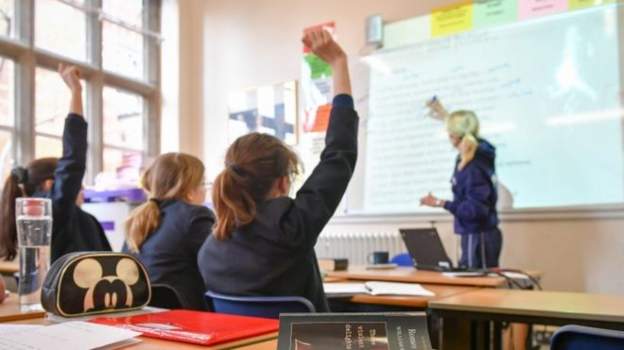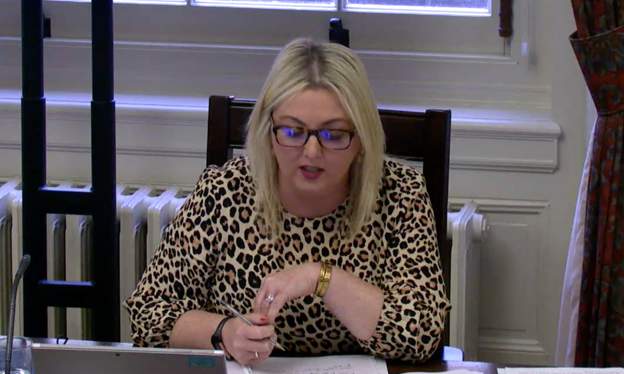 DECISIONS on what support pupils with Special Educational Needs (SEN) get are to be made in 22 weeks rather than 26 in future.
DECISIONS on what support pupils with Special Educational Needs (SEN) get are to be made in 22 weeks rather than 26 in future.
That is one of Department of Education’s (DE) main proposals to change the way children with SEN are helped in school.
The current 26-week statutory limit for the assessment and statementing process is breached in 85% of cases.
The Education Authority (EA) has apologised for failings in SEN support.
An internal audit found “unnecessary and undue delays” in the statutory assessment and statementing process and raised concerns about the security of confidential information about children kept by the EA.
Cynthia Currie from the EA told MLAs on Stormont’s Education Committee on Wednesday that there had been “significant improvements” in EA’s performance in 2020 when it came to the statementing process.
“Of the total 530 cases open greater than 26 weeks approximately 400, 70 per cent, have been issued with draft statements or are in the final stage of the process – the agreement of the draft statement, agreement of placement and issue of final statement,” she said.
Ms Currie also said that no children were now waiting more than 80 weeks for their statementing process to be completed.
However, 19 children have been waiting longer than 60 weeks – though that has reduced from 265 children in November 2019.
Committee chair Chris Lyttle, from the Alliance Party, said it was “profoundly regrettable that it took such a systemic failure of children with SEN for a more robust and co-ordinated approach to be taken”.
“There are serious questions to be answered as to how we got to this situation,” he added.
Both Mr Lyttle and the deputy chair Sinn Féin foyle MLA Karen Mullan called for an independent review of the EA’s support for pupils with SEN.

Sinn Fein Foyle MLA and deputy chair of education committee Karen Mullan
“Principals and parents are still telling me that they are not seeing any improvements,” she adds.
Sara Long from the Education Authority told the committee: “I agree we do need to move the focus now to early intervention and that’s where we really need to understand where our unmet need is”.
Cynthia Currie referred to the quality of the statement, adding: “We have a number of afferent teams looking at that”.
“We are looking at how we can encourage families and children’s views to be part of that statement,” she says.
“We have three different teams focusing on that at the moment and that will feed into the overall programme approach,” says the EA official.
“This is about making this process and this service child-centred.”
Ms Mullan referred to the recently published audit report, and asks what work has been done to “address some of these cultural issues” that were present.
Cynthia Currie replied: “it’s about setting the type of expectation that we want and the culture that we want for the service”.
She says there are more meetings and that work flows have changed somewhat.
“In working with the staff, certainly staff are very open to change and they are open to improvements and have been working very closely beside us,” she added.
Tags:




